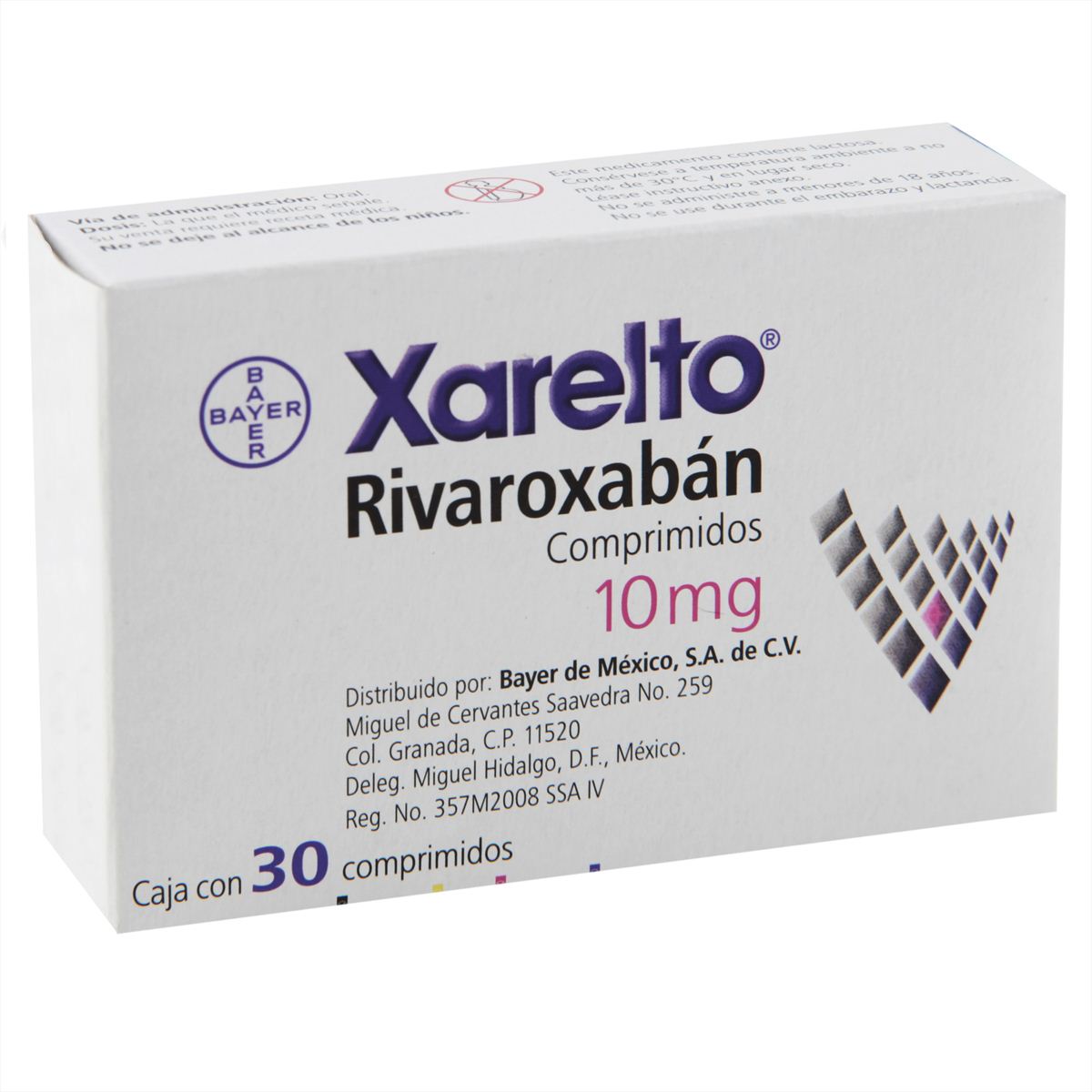 Details surrounding the approval of cardiovascular drug rivaroxaban (Xarelto) are questionable, but new events revealed Tuesday have further muddied the waters.
Details surrounding the approval of cardiovascular drug rivaroxaban (Xarelto) are questionable, but new events revealed Tuesday have further muddied the waters.
Last month, an investigation published by the British Medical Journal, questioned the results of data in the ROCKET-AF trial, which served as the backbone for rivaroxaban’s approval. A major concern is that the portable device used to monitor and calibrate medication usage in the trial may have been seriously defective.
Now, in a report published first by The New York Times, lawyers for patients suing Johnson & Johnson and Bayer over the safety of rivaroxaban claim that a letter published in The New England Journal of Medicine omitted “critical laboratory data.”
The companies may have been “complicit by staying silent, helping deceive the editors while the companies were in the midst of providing the very same data to regulators in the U.S. and Europe,” reported The New York Times.
Duke University’s Clinical Research Institute, who did the study on behalf of Bayer, published a letter in February in the New England Journal of Medicine stating that it had re-analyzed the trial’s results and stands by its conclusions. Problems with the device “did not have any significant clinical effect on the primary efficacy and safety outcomes in the trial,” the researchers wrote.
The re-analysis findings “are in line with the sensitivity analyses conducted by Bayer and Janssen Pharmaceuticals (part of Johnson & Johnson), which also affirm the results of the ROCKET-AF study and the positive benefit-risk profile of rivaroxaban (Xarelto) in patients with non-valvular atrial fibrillation,” said Janssen in a statement to Drug Discovery & Development, in February.
Read more: BMJ Investigation Casts Doubt on Validity of Rivaroxaban Trial
Duke University and Johnson & Johnson contend they worked independently. Top editors at The New England Journal of Medicine told The New York Times they did not know that separate laboratory data existed until a reporter contacted them last week, “but they dismissed its relevance and said they stood by the article’s analysis.”
The ROCKET-AF trial compared the number of strokes and bleeding events experienced by patients taking rivaroxaban with those taking the older anticoagulant drug warfarin. A concern is that faulty results (potentially caused by a defective device) may have led doctors to give patients the incorrect dose of warfarin, which could have favored rivaroxaban.
Rivaroxaban (Xarelto) is a blockbuster drug for stroke prevention in atrial fibrillation that gained approval from both U.S. and European regulators. The drug had nearly $2 billion in U.S. sales last year.
Bayer and Johnson & Johnson hired Duke University’s Clinical Research Institute to run a three-year clinical trial involving more than 14,000 patients, which led to rivaroxaban’s approval. The trial’s results have come under scrutiny since September, when the companies notified regulators that a device used in the trial — the Alere INRatio and INRatio2 PT/INR Monitor System — had malfunctioned.
Read the New York Times article here.
Filed Under: Drug Discovery




